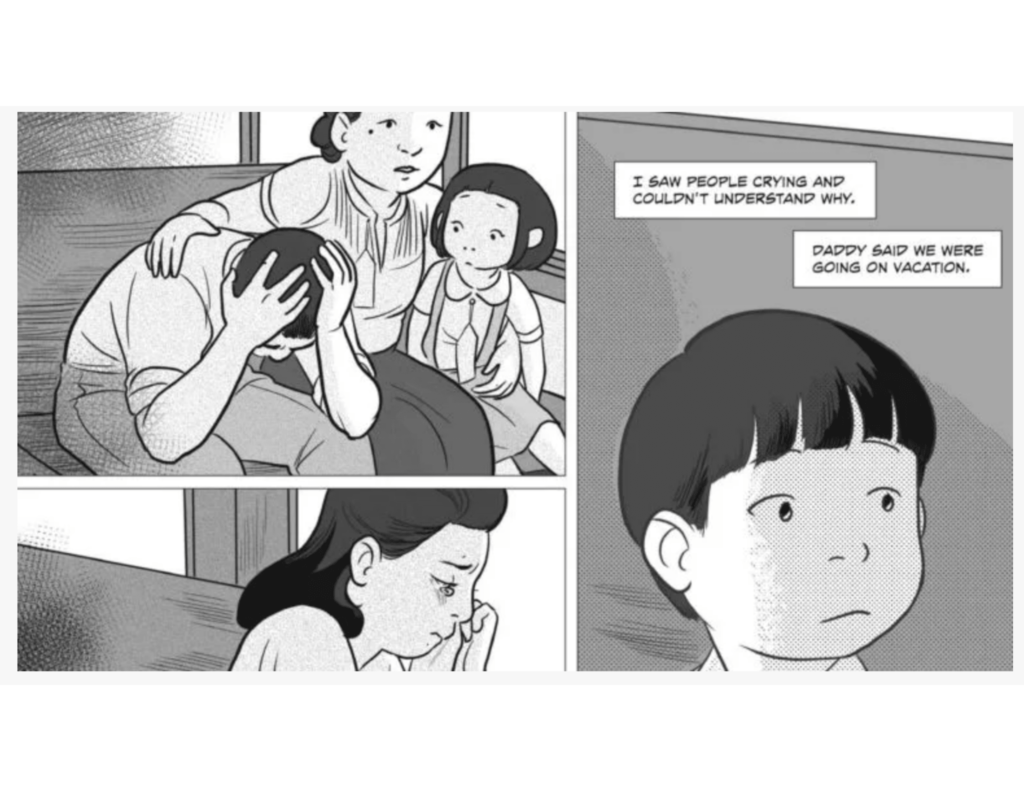Young Adult Literature
Sacramento Area Youth Speak
Teaching high school students about poetry and free writing is a profoundly enriching endeavor. Poetry, with its diverse forms and expressive language, provides students with a unique avenue to explore emotions, themes, and the intricacies of language itself. Conversely, free writing empowers students to unleash their creativity and express themselves freely, unencumbered by the constraints of structure or rules.
Sacramento Area Youth Speaks (SAYS) is a dynamic community program spearheaded by UC Davis. It partners with local, at-risk high schools to empower students to articulate their thoughts and feelings. The program is a social justice movement, fostering critical literacy, access to higher education, youth voice, and civic engagement. At its core, SAYS aims to elevate students’ voices, positioning them as the authors of their own narratives and catalysts for change.
Within SAYS, young people are empowered to become the architects of their own destinies and advocates for societal transformation. Through spoken word performance poetry, students engage in a transformative process of self-expression. This unique approach intertwines literacy and leadership, empowering students to both wield the microphone and the pen.
This curation video showcases the impactful work of Sacramento Area Youth Speaks, illustrating how young people are empowered to read, write, and speak about their lives through the transformative power of poetry.
They Called Us Enemy by GEORGE TAKAI

Images: Becker, H. 2019
Growing up in the 60s and 70s, I became a big fan of Star Trek which is what made me choose George Takei’s They Called Us Enemy. It is a well-illustrated graphic memoir about his own experiences growing up as a young Japanese American incarcerated during the American xenophobia of the Japanese after Pearl Harbor was bombed by them in World War II. His family is relocated to a detention facility in Arkansas called Camp Rohwer where his dad becomes the Block Manager of his little community.
The positive message about this part is that the families were not just put into a prison-like camp to die but that there were jobs for everyone to do, and Takei’s parents used work as a kind of saving-grace for them to keep them busy during their time there, and to show his children how to be strong through hardships. Unfortunately, quality food and healthcare were not readily available.
Still, his story is not all hardship and misery, and the barbed-wire fences were not just strong symbols of his loss of freedom but also of protection. Takei almost gives the story the feeling of an adventure in some places as the kids played and made up stories that entertained them. I love how he adores his first snowfall. Having grown up in Los Angeles, he had never seen snow before. He also gives some fun humor, such as when they called the guards the “magic words” Sakana Beach which was actually a tricky way to call them “son of a bitch.”
At the end, Takei gives a poignant reminder of justice by telling part of President Obama’s 2015 eulogy for Reverend Pinckney: “Justice grows out of recognition of ourselves in each other…that my liberty depends on you being free, too…”
I very much enjoyed the book and would recommend it to my own students, especially because of its easy-to-read graphic novel format. It is a story about how courage and love and loyalty are important in the lives of all Americans’ regardless of race.
Takei, G., & Becker, H. (2019). They Called Us Enemy. [United States], IDW Publishing.Bottom of Form

